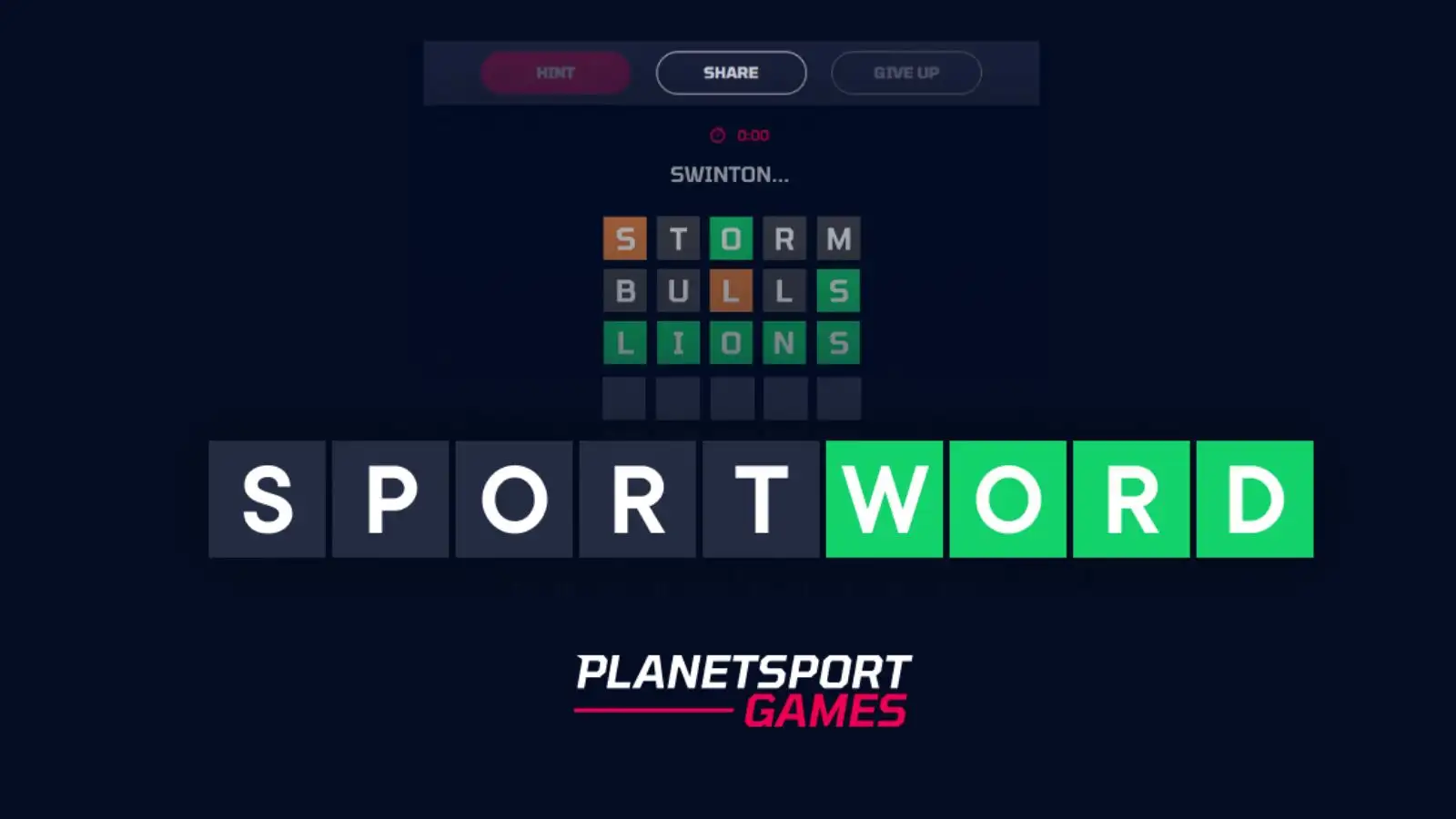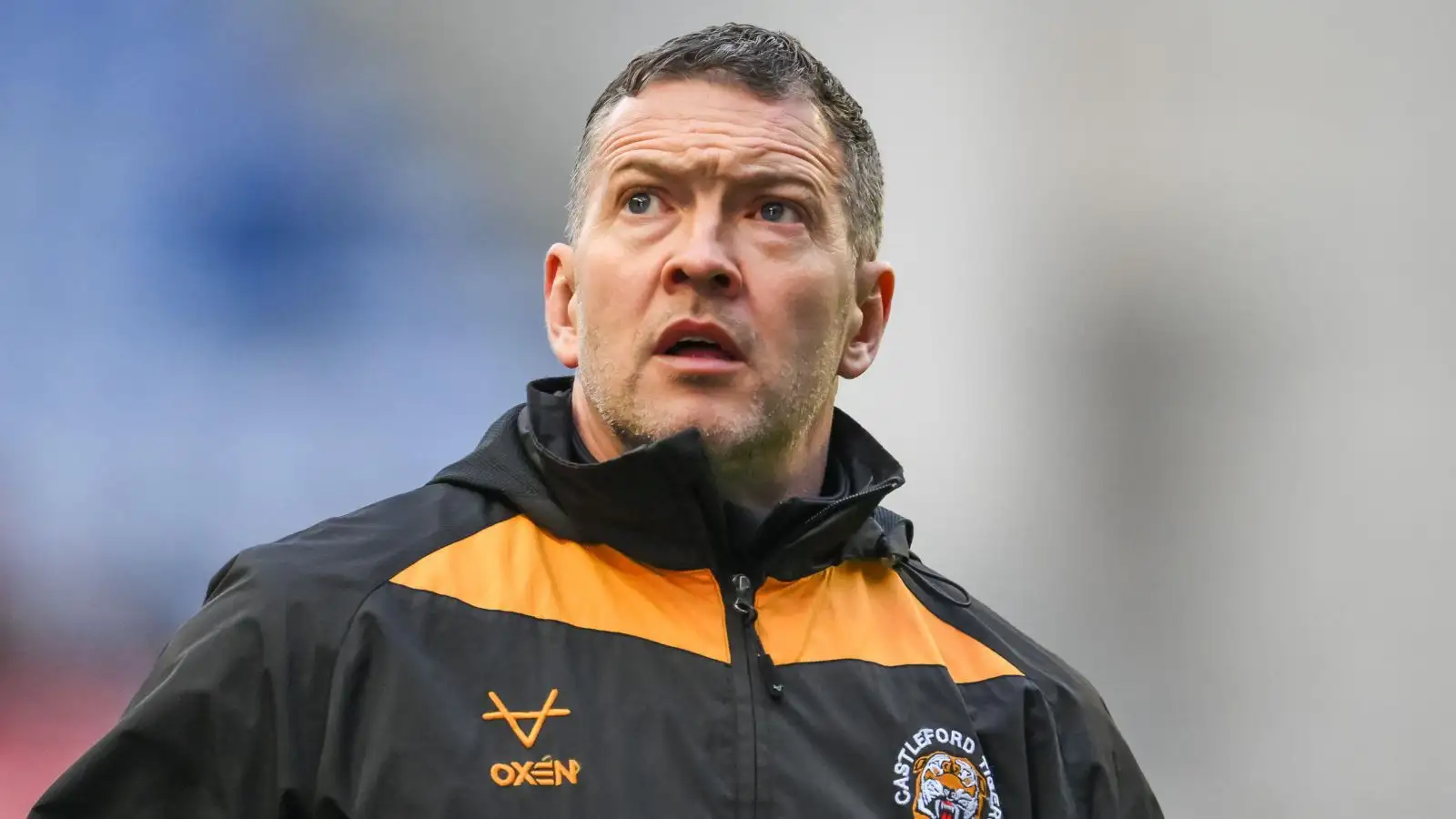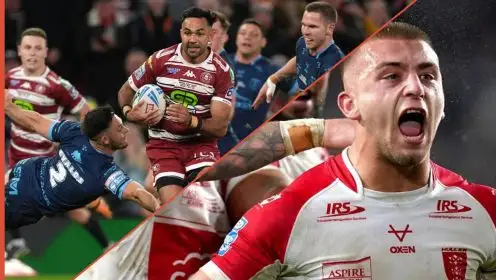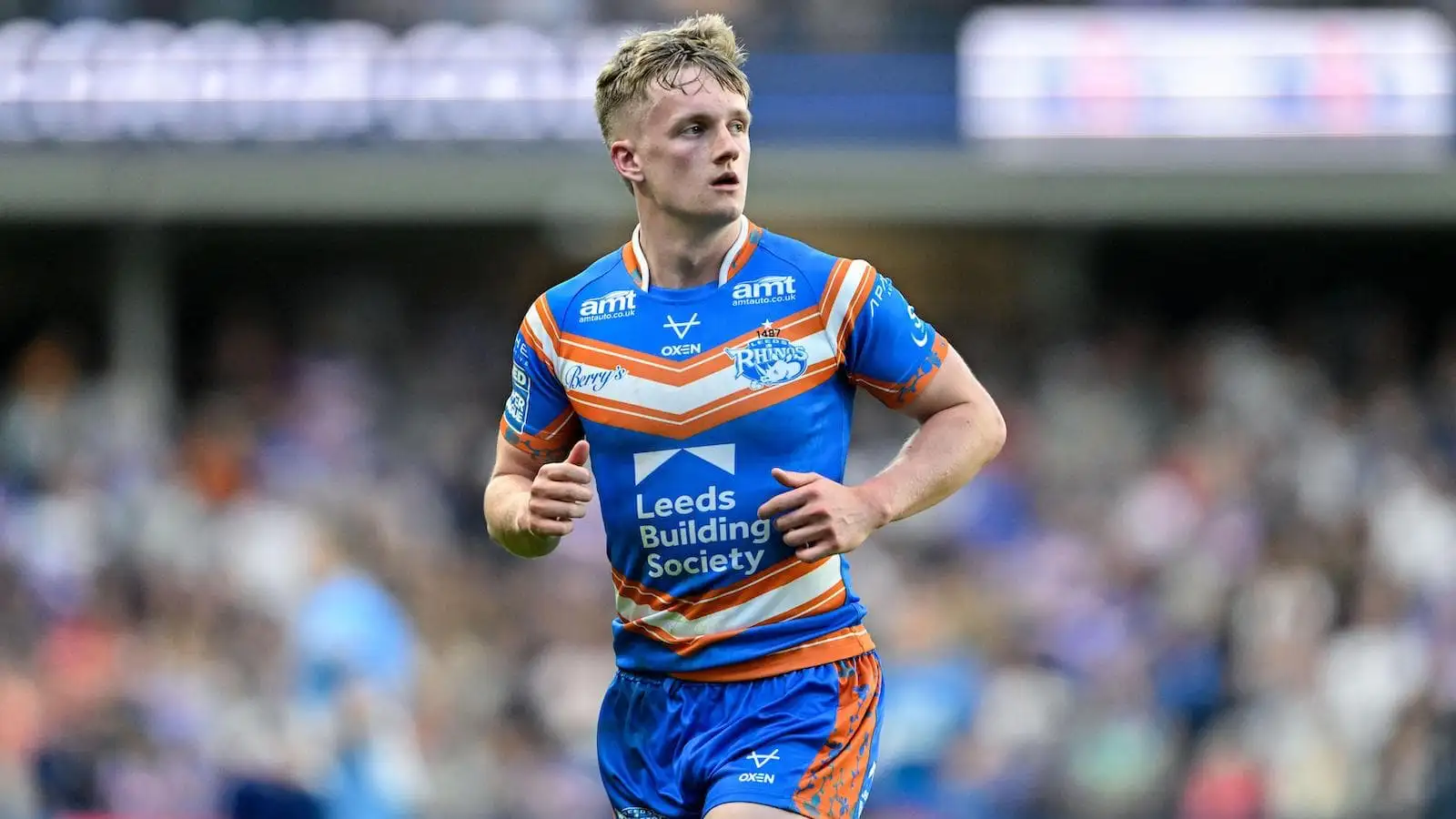Dual registration: Time for change
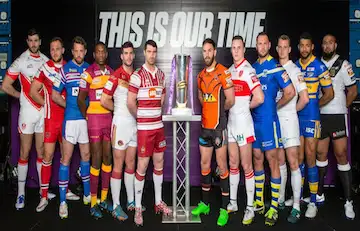
Dual registration was introduced back in 2013 as a way of allowing fringe players at Super League teams to acquire regular match experience in the Championship.
The concept was meant to help player development, whilst also providing clubs in the Championship with new players who might help teams progress on the pitch.
In reality, the benefits have been minimal and there are numerous people involved in the sport, from players to coaches to agents, who believe it is time for a change.
Dewsbury Rams head coach Glen Morrison is one person who is against the idea and believes there should be a reserve grade system instead.
“The pathway is not there for the kids,” he told Love Rugby League.
“Sometimes we have boys coming to training and playing one game in six weeks.
“If it’s done right maybe it could work. There are players like Adam O’Brien from Bradford who hasn’t looked back.
“One of the main issues is how inconsistent it can be from week to week. Some weeks there would be five Super League players and the next it would be totally different.
“In an ideal world, all sides would run a second team. The problem with that is the cost. Clubs like ourselves aren’t on massive budgets.”
Whilst Morrison thinks the idea should be replaced altogether, there is a school of thought that the system could work alongside a reserve team set up.
Rochdale Hornets head coach Alan Kilshaw supports this idea but he also fully acknowledges the benefits of the current system.
“I think there is room for both reserve grade and dual registration,” Kilshaw said.
“Players that come out of 19s and are not ready for Super League would be ideally suited in reserve grade competition.
“This would allow them to sample playing against men. In academies, players often compete with others players who are the same age.
“I think there are a lot of variables which determine how effective dual registration is. It depends on the clubs in hand and which clubs are involved in partnerships.
“There were a couple of clubs who bent the rules at first but it has been a success in some quarters.
“When you have 19 and 20-year-old players who have nowhere else to play at weekends it can be beneficial.”
Kilshaw, who has spent time coaching in Australia, admits there are a range of benefits to dual registration besides player development.
“We are in a partnership with Warrington Wolves which means the players have access to a world class training facility,” he said.
“This is something which we wouldn’t be able to run and operate ourselves simply due to the costs involved.
“I also benefit personally because I get to develop myself as a coach and see how I can improve the methods I use in training.
“Our CEO went and had a day there to look at the marketing strategy so I think there are a lot of benefits which aren’t immediately visible.
“A team like us has a really limited budget. If dual registration was scrapped it would mean we would have to go with a bigger squad which would dilute the quality.
“I think the impact would be felt by smaller clubs the most.”
The biggest impact dual registration has is on the player pool.
Salford Red Devils second-rower Matt Gee believes there should be a different way of developing players.
“I think the U20s should be brought back because it encourages younger players to stay in the game for longer,” Gee told Love Rugby League.
“With dual registration you are usually playing in different teams with different systems on a weekly basis so there is no continuity.
“Of course there is some kind of development and it is better than players sitting around with no game at all.
“Championship and even league one clubs will benefit from an u20s system and in my opinion most players in a squad would get more game time which is really important.”
Gee’s beliefs are echoed by Huddersfield Giants halfback Ryan Brierley.
The 24-year-old is not a “massive fan” of dual registration and believes a reserve grade system is a much better alternative.
“I think dual registration is a flawed system because as a player you can’t get a consistent run of form,” Brierley said.
“As a young player there is a lot to take in and so the extra challenge of being faced with a new environment on a weekly basis is far from ideal.
“The only benefit for me is the match fitness. It doesn’t develop you as a player.
“There needs to be more consistency and structure which is what a reserve grade set up could offer in my opinion.
“I can’t see any downfall in that system and there is a greater interest from outside influences.”
Many players and coaches seem to be in agreement that a reserve grade set up is the way forward. Agent Ian Blease, who played for Salford in the 1980s and 1990s, would like to see the end of dual registration.
“The concept and idea of dual registration was introduced with good intentions and it is always easier in hindsight but for me it takes away a sense of achievement.
“It is a system which I think is wrong and it hinders ambitions of a player when they are continually sent out on loan. I think reserve grade teams are needed.
“Sometimes we have to hold our hands up and say it didn’t work. I have players who haven’t played for two or three months.”
Blease stressed that there needs to be more “investment” in rugby league, which will have a knock on effect with the amount of quality players who emerge.
“The amount of money coming into the sport needs to increase significantly whatever system they bring in to replace dual registration,” he said.
“As a result you will start to see better players coming through.
“I feel the current situation is unacceptable. There are players travelling across counties to get a game of rugby which isn’t right.”
Another coach to weigh into the debate is Batley Bulldogs head coach John Kear. The current Wales national coach, who has also had spells in charge at Sheffield, Hull and Wakefield, can’t see any positives from the dual registration set up at present.
“I think it is the best of a bad job,” he told Love Rugby League.
“The ideal would be for a reserve team system. At this moment, it is extremely difficult to keep players.”
Kear is well aware that whilst dual registration may not be adequate, there are a lot of players who would be without games for long periods of time without it.
“I honestly can’t see any other way of ensuring our fringe players are playing on a regular basis without dual registration.
“At the same time I think it is bad for player development in the long run because many players are in a decline and I think we lose players from the game.
“In my opinion we are opening the door for them to stop playing rugby league or to move to another sport.
“There are also a phenomenal amount of players which are sent out but not all are ready for Championship rugby league.”
Whilst most people admit more investment is needed for a sufficient replacement, the overwhelming consensus seems to be that dual registration is detrimental to the sport.
Of course fringe players might be playing in matches rather than sitting on the sidelines, but with a different team to adjust to on a weekly basis it is questional how useful those minutes are to that individual.
Both coaches and players appear to have delivered a damning verdict that dual registration is not the way forward for rugby league, but how long before the RFL takes note remains to be seen.
